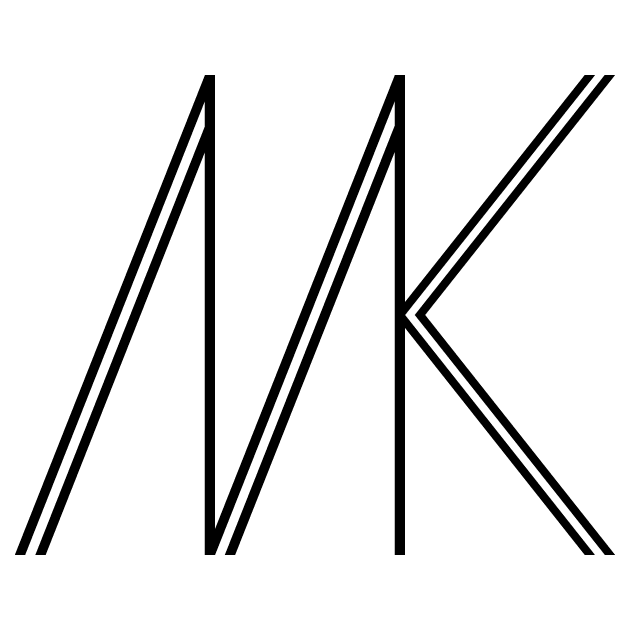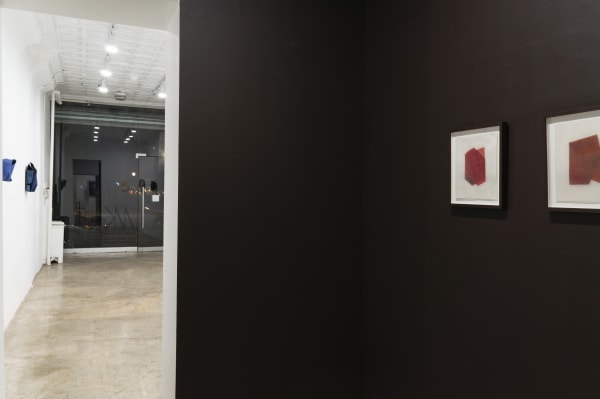Robert Burnier: Soon the Night
Massey Klein Gallery is pleased to present Soon the Night, a solo exhibition of new sculptures by Robert Burnier. The exhibition will be on view from April 22nd through May 28th. An opening reception will be held on Saturday, April 23rd from 4-7pm. This is the artist’s first solo exhibition with the gallery. For press inquiries or questions regarding works available, please email info@masseyklein.com.
The truth of an artwork is as much what it has been through as any subject or material. It is a relationship to something while it struggles with itself.
Robert Burnier
February 2022
***
Massey Klein Gallery is pleased to present Soon the Night, a solo exhibition of new sculptures and drawings by Robert Burnier. The exhibition will be on view from April 22nd through May 28th. An opening reception will be held on Saturday, April 23 from 4-7pm. This is the artist’s first exhibition with the gallery. For press inquiries or questions regarding works available, please email info@masseyklein.com.
Soon the Night features five wall-mounted sculptures, through which the artist emphasizes a nonlinear and unpredictable relationship between one plateau of transformation and another. For his exhibition, Burnier sculpts the path of a visual landscape by bending, shaping and warping acrylic-painted aluminum, incorporating a melange of opposing color fields inspired by ancient African, Mediterranean and Mesopotamian objects. For this new body of work, Burnier also takes a cue from Marvin Gaye and his tracks “Flying High (In the Friendly Skies)” and “Wholy Holy”, as signposts carried through and inside pain but not merely of it.
The shifting hues are subtly enhanced by light landing on the sculptures’ twisting forms and repeating folds. The resulting contours and dimensions are reminiscent of contemporary haute couture, with each work’s subtle intricacies becoming boundless and infinite as the viewer explores the sculpture from every angle. The material naturally offers resistance when manipulated, forcing the artist to navigate unknown territory through each object’s creation. The physical nature and preconfiguration of the materials become historical facts that Burnier must wrestle with and instinctively combine, resulting in folded and compressed forms that retain a history of their own becoming.
Burnier makes use of L. L. Zamenhof’s utopian language, Esperanto, when titling his works. Developed during the late 19th Century, Esperanto was constructed as an international auxiliary language intended to promote a world without war by building a neutral and egalitarian bridge for communication. Borrowing from existing linguistic traditions, this organic approach is a powerful attempt at universality without erasure - a similar concept to Burnier’s approach to creating his sculptural works. Much like Esperanto, by beginning with a set structure of material, no blank slate is required, allowing Burnier to explore a communion of what is within and without. The artist’s sculptures echo the philosophical and practical concerns of failed utopias and the impossibility of communion with the absolute - apparitions that have and always will haunt society.
The two drawings featured in the exhibition, made during the pandemic lockdown in May 2020, display a technique originated by the artist. Through invention and experimentation, Burnier developed a layered drawing method using two of the most ancient types of paper, Japanese washi and vellum. Trial and error with different types of pencils that could work on these delicate materials, and sometimes using watercolor on the vellum layer, the artist’s unique approach allowed him to create optical color blending and light quality that can’t be achieved with opaque sheets. To circumvent visual interruption and take advantage of light and geometry, Burnier created his own way of attaching the layers together, avoiding the appearance of any mounting hinges, glues and attachments through the translucent paper. This technique, coupled with his distinctive “glazing” process (an approach akin to painting and evocative of a sculptor’s creative process) produces works that can be defined more as phenomena than images.
Robert Burnier received an MFA in Painting and Drawing from The School of the Art Institute of Chicago in 2016 after having previously graduated with a BS in Computer Science from Shippensburg University of Pennsylvania in 1991. He has been a Departmental Specialist Technician for European Painting and Sculpture at The Art Institute of Chicago since 2006 and serves as a board member for Intuit: The Center for Intuitive and Outsider Art, Heaven Gallery, and Tiger Strikes Asteroid (where he was a founding member). He completed an artist residency at Ragdale Foundation in Lake Forest, IL in 2008 and has served as a guest lecturer at Emily Carr University (Vancouver, BC), Columbia College (Chicago, IL), Harold Washington College (Chicago, IL) and College of Dupage (Dupage County, IL), to name a few. The artist’s work and writing have appeared in numerous print and online publications, including Hyperallergic, TimeOut Chicago, Chicago Magazine, Chicago Tribune, Blouin ArtInfo, Huffington Post, Artnet, ArtSlant, San Francisco Arts Quarterly and Art Market Monitor, Bad at Sports and Chicago Artist Writers. Burnier’s sculptures and drawings have been featured in exhibitions at commercial galleries and art fairs in Chicago, New York, Denver, Baltimore, Los Angeles, Dallas, Miami, Milan, London and Copenhagen. He has participated in both solo and group exhibitions at institutions such as Hyde Park Art Center in Chicago (2020, 2014), the Ukrainian Museum of Modern Art in Chicago (2017), The Arts Club of Chicago (2017), the Art Academy of Cincinnati (2016), The Arts Institute of Chicago (2016, 2012), the Elmhurst Art Museum (2016), the Evanston Art Center (2016, 2012), the Chicago Urban Art Society (2015), the Riverside Art Center (2014), the École nationale supérieure d’art de Bourges in France (2014) and the Illinois State Museum (2012). The artist lives and works in Chicago, IL.
Massey Klein Gallery is located at 124 Forsyth St. New York, NY 10002. Gallery hours are Thursday - Sunday 12pm-5pm. To schedule a private viewing, email info@masseyklein.com.















